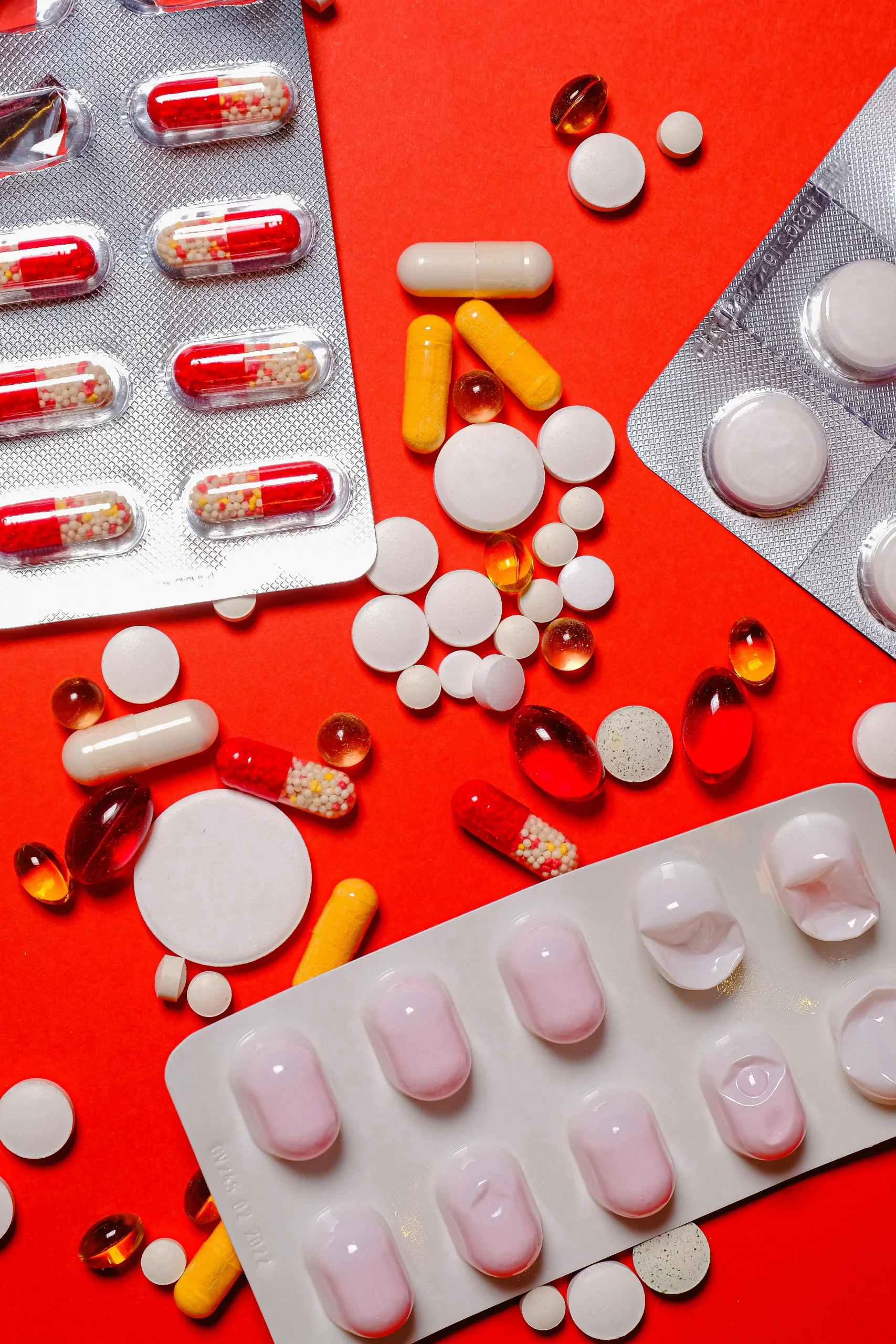
Fast &
Easy:
No success –
no costs
Satisfied customers speak for us
Safe and confidential



Your first aid kit – safe and well prepared on the road
A carefully compiled first-aid kit provides you with protection and security against unexpected health problems or injuries during your vacation. Whether you’re planning a relaxing beach holiday, an adventurous hiking tour, or traveling for business, illnesses or minor accidents can occur anywhere. With proper preparation and a well-stocked first-aid kit, nothing stands in the way of a carefree trip.
Why is a first aid kit so important?
Health problems such as headaches, stomach upsets, skin irritations, or minor injuries can quickly arise during a trip. It’s often difficult to find the right medication in an unfamiliar environment—especially if the local language or medical care presents an obstacle. With a well-prepared first-aid kit, you’ll have everything you need right at your fingertips, without having to invest time and energy searching for pharmacies or doctors.
Check here free of charge and without obligation whether you are entitled to compensation
Check your compensation claim online in just 2 minutes
What should not be missing from your first aid kit?
The exact composition of your first-aid kit depends on the type of trip, the destination, and your individual health needs. However, a basic kit should include the following:
Pain and fever relief:
Paracetamol or ibuprofen for treating fever, headaches, and aches and pains.
Suppositories or syrups for children, as tablets may not be suitable for them.
Gastrointestinal remedies:
Electrolyte solutions to treat fluid loss during diarrhea or vomiting.
Activated charcoal or special anti-diarrheal medications.
Antinausea and motion sickness medications (e.g., chewing gum or tablets).
Wound care and disinfection:
Sterile plasters and gauze bandages for minor injuries.
Disinfectant for cleaning wounds.
Antiseptic ointments for wound treatment.
Allergy and insect protection:
Antihistamines for allergic reactions.
Insect repellents (especially important in tropical areas).
Ointments for insect bites to relieve itching and swelling.
Sun and skin protection:
Sunscreen with a high SPF.
After-sun lotion to treat sunburn.
Moisturizing creams to care for dry or irritated skin.
Personal medications:
Personal medications that you need to take regularly.
For chronic illnesses, have enough supplies to last the entire trip.
Additional supplies:
Tweezers, scissors, and safety pins for minor procedures.
Digital thermometer for quick temperature checks.
Ice packs to treat bruises or swelling.
Tips for customizing your first aid kit
A first-aid kit should always be tailored to the needs of the traveler. Whether traveling with children, to high mountains, or to tropical regions, different medications and precautions are important. Consider the following points:
Destination: In tropical regions, you should pack insect repellent and malaria prophylaxis. In colder regions, lip balm and moisturizing creams can be useful.
Length of trip: For longer trips, you should bring a sufficient supply of regular medications.
Planned activities: Trekking or other outdoor activities require additional products such as blister plasters or first aid kits.
Personal health needs: If you have a chronic illness, you should always have your medications handy and seek medical advice if necessary.
Medication on the plane – What you should pay attention to
When traveling by plane, you can carry medications in both your carry-on and checked baggage. Here are some important tips for a smooth journey:
Medications in carry-on baggage:
It is recommended that you always carry important medications in your carry-on baggage so they are accessible at all times. If your main baggage is lost or delayed, you will still be well-stocked.
Original packaging and doctor’s note:
Leave medications in their original packaging to avoid misunderstandings with security personnel. A doctor’s note can be helpful, especially for prescription or liquid medications.
Liquid medications:
Liquid medications are generally exempt from general restrictions on liquids in carry-on baggage. Inform security personnel well in advance of your arrival.
Refrigerated medications:
If you are carrying medications with special storage requirements (e.g., refrigeration), you should take appropriate precautions, such as ice packs.
First aid kit for children – important tips
A well-stocked first-aid kit is essential, especially when traveling with children, as children are more likely to get sick or injured. Depending on the child’s age, you should pack the following items:
For infants:
Fever and pain reliever suppositories.
Electrolyte solutions for diarrhea or vomiting.
Diaper rash cream to prevent diaper rash.
For toddlers:
Bandages and disinfectant for minor injuries.
Sunscreen specifically for sensitive children’s skin.
Mosquito repellent suitable for toddlers.
For older children:
Antihistamines for allergies.
Medication for motion sickness.
Personal medications for known allergies or chronic illnesses.
Consulting a pediatrician beforehand will help you put together the best first-aid kit.
Regulations of airlines and destination countries
It’s advisable to check the airline’s policies regarding medication in advance. Some airlines have specific requirements regarding the declaration and packaging of medications. You should also check the import regulations of your destination country, as certain medications may be restricted or prohibited there.
Tips for a stress-free trip with medication
To avoid any unpleasant surprises on your trip, here are some useful tips:
Always keep medications in your hand luggage.
Keep a list of all medications you’re carrying, including dosages.
Find out about pharmacies and medical facilities at your destination.
Check the expiration dates of your medications well in advance of your trip.
Conclusion – Your health is your most important travel companion
A well-stocked first-aid kit ensures that you’re prepared for all eventualities during your trip. It not only offers you peace of mind but also the opportunity to treat minor ailments immediately and prevent major problems. Invest time in properly planning your first-aid kit – it will pay off.
